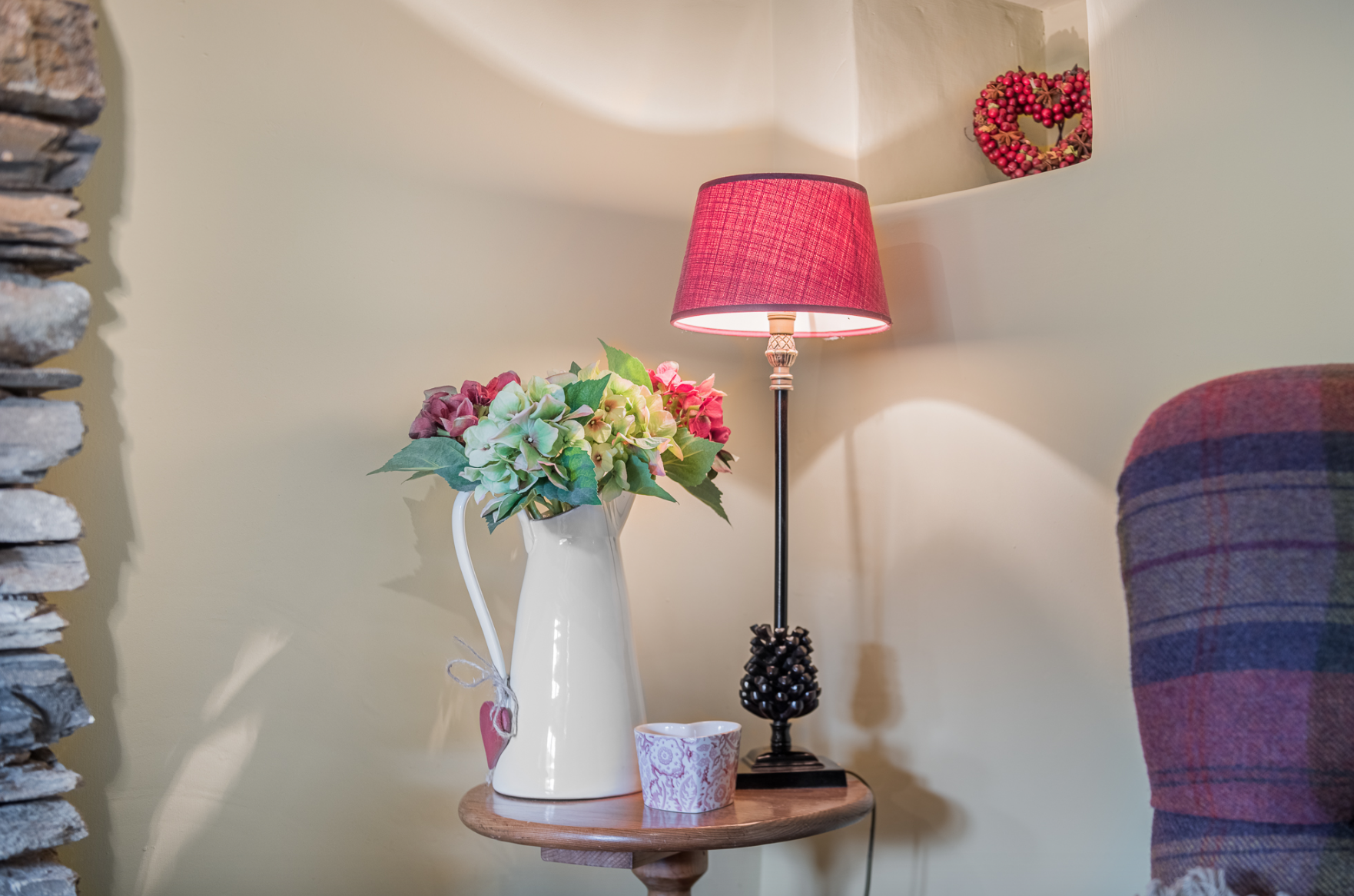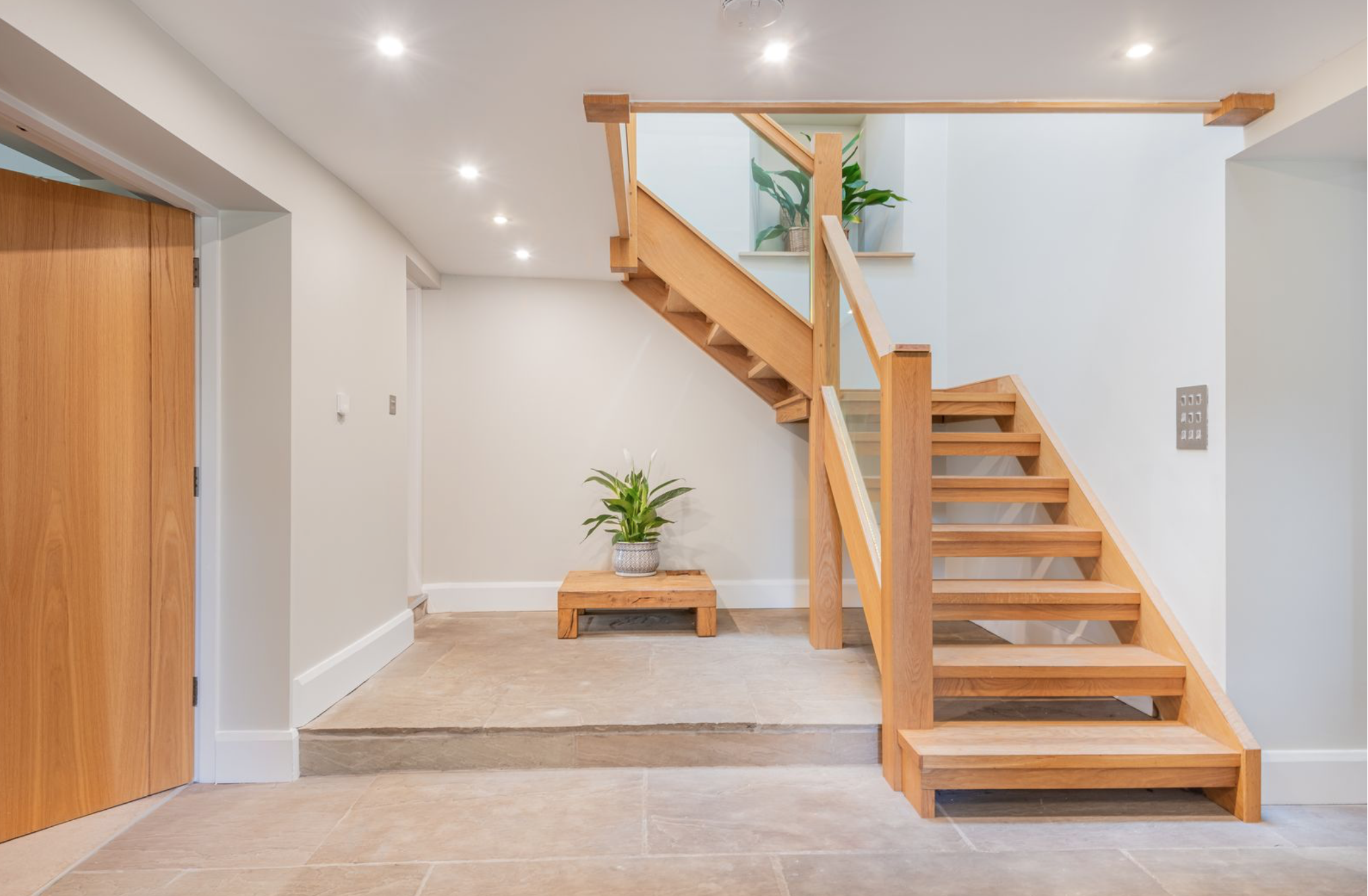When it comes to valuing a unique or luxury home, the process is anything but straightforward. Unlike more typical properties, special homes do not slot neatly into standard pricing formulas. They have character, charm, craftsmanship, setting, and stories that make each one different. They often appeal to a very specific type of buyer, and that individuality changes how property valuation should be approached.
As luxury estate agents specialising in selling unique homes, we guide homeowners through this process every day. Many of the people we meet ask the same questions.
How do you put a price on something that is genuinely one of a kind.
How do you avoid undervaluing what makes your home special while also setting a price that attracts the right buyers.
How does premium property marketing support the valuation journey.
In this guide, we walk you through the process step by step, in a clear and practical way, so you can feel informed and confident as you consider your next move.
Why Valuing Unique Homes Is Different
Imagine waking up to panoramic views that change with the light, or living in a home crafted with materials that cannot be replicated today. Perhaps your home enjoys privacy without isolation, a beautiful garden setting, heritage features, or architectural distinction. These are the qualities that make a home desirable to buyers seeking high-end property sales.
At the same time, they make traditional valuation tools less reliable.
Standard approaches lean heavily on averages and direct comparisons. But when few homes on the market share your features, that data alone cannot reflect true value. Square footage and nearby sale prices form only a small part of the picture.
Real valuation is about understanding how buyers perceive lifestyle, rarity, and emotional connection. That is where the expertise of professional estate agents working in bespoke home selling becomes essential.

Step One: Listening to Your Story
Every strong valuation begins with a consultation market appraisal.
This is our opportunity to understand your home properly. We walk through the spaces with you, learn what drew you to the property originally, and identify the elements that give it its individuality. It may be the craftsmanship of a renovation, the tranquillity of the setting, the energy efficiency upgrades, or simply how the home feels to live in.
These personal insights are invaluable. Buyers at this end of the market respond to stories as much as specifications. A personalised service ensures that the valuation reflects not only statistical data, but also the emotional headline of your home.
Step Two: Researching Comparable Homes
Even unique homes require reference points.
We carefully study recent sales locally and further afield to find properties that share similarities in architecture, location, or lifestyle offering. Very rarely is there a true like-for-like comparison, so adjustments are made with discretion and experience.
Comparable sales help establish the market framework, ensuring the price sits realistically within buyer expectations while still reflecting the individuality of your home.
This balanced approach helps protect homeowners from two common pitfalls. Pricing too high can stall interest, leaving a home languishing unseen. Pricing too low risks undervaluing special features that buyers are willing to pay for when presented correctly.
Step Three: Using Price per Square Foot as a Guide
Price per square foot has a place in the valuation of high-value homes, but it must be used thoughtfully. It creates a baseline that ensures your valuation aligns with local market structure. However, it does not account for views, craftsmanship, setting, or emotional appeal.
Special features may justify upward adjustments beyond pure size metrics. Large gardens, privacy, heritage architecture, bespoke interiors, or uninterrupted scenery all add layers of value beyond square footage alone.
This is where human judgement matters more than formulas. Valuing unique homes requires nuance, not templates.
Step Four: Understanding the Buyer
Buyer behaviour plays a powerful role in valuation strategy.
Many purchasers seeking exclusive property listings prefer a quieter buying experience. Off-market property sales and discreet property sales are increasingly popular with clients who value privacy and carefully curated choice.
Other buyers respond to visibility through premium property marketing when homes are beautifully presented using professional photography, thoughtful home staging, and immersive virtual tours. These tools allow buyers to form emotional connections long before visiting in person, often supporting stronger offers and more confident price alignment.
An agent’s role is to match the price to the way the property will be presented and who it will be presented to.
Step Five: Building Tailored Marketing Strategies
Pricing and marketing must operate as one.
We never present a home without building tailored marketing strategies designed to support the agreed valuation. The way a home is shown, the channels chosen, and how first impressions are shaped all influence how buyers perceive its worth.
Professional photography ensures light, landscape, and craftsmanship translate beautifully online. Home staging helps buyers interpret space without distraction. Virtual tours make geographical distance irrelevant, extending reach to buyers relocating or purchasing from further afield.
Whether the strategy is an off-market launch or a wider campaign, everything feeds back into creating confidence around price.

Step Six: Using Negotiation Expertise
Strong valuation is only half the story. Real value is secured during negotiation.
Negotiation expertise protects your position long after offers are received. At this level, transactions frequently include bespoke conditions, complex chains, and sensitive timelines. Skillful handling ensures that headline prices translate into reliable completions.
Our role is to manage these conversations calmly and professionally, always keeping your long-term objective at the forefront rather than focusing purely on initial figures.
This level of expert property advice helps homeowners achieve not just good offers, but the best sustainable outcomes.
Step Seven: Maintaining Constant Communication
During the selling process, communication is everything.
Personalised service means honest, regular updates that explain viewing feedback, market response, and offer dynamics. Clear communication removes uncertainty and enables calm, informed decisions.
Many sellers tell us that guidance and reassurance matter just as much as marketing results. Client testimonials consistently highlight the value of clear advice and supportive service during what is often a highly emotional transition.
When Should You Request a Valuation?
The right time is earlier than many expect.
Even if you are only beginning to consider your options, a consultation market appraisal provides clarity. It allows you to understand potential value, receive moving home tips, and begin gradual preparation without pressure.
Early conversations keep decisions proactive rather than reactive and help sellers approach property selling with confidence rather than uncertainty.
Bringing It All Together
Valuing unique homes is not about fitting numbers into a formula. It is about storytelling supported by data, experience balanced with empathy, and strategy informed by buyer behaviour.
The right valuation reflects your home’s individuality while positioning it to succeed in the marketplace. It recognises both lifestyle appeal and real-world pricing discipline.
With the guidance of skilled luxury estate agents combining bespoke home selling techniques with tailored marketing strategies and professional negotiation, selling unique homes becomes far less daunting, and far more rewarding.
Let’s Start the Conversation
If you have questions about your home’s value or are quietly considering your next step, we would love to help.
You can arrange a confidential consultation or market appraisal by contacting us.
Sometimes a simple conversation is the first step towards genuine clarity.













